Join us as we unite agency leaders, policymakers, frontline staff, and system change agents from child welfare, mental health, criminal and juvenile justice, human services, and education sectors to explore evidence-based strategies for collaborative leadership and organizational transformation that empowers frontline staff and strengthens community outcomes.
The Empower Virtual Summit is a premier online event designed for agency leaders, policymakers, frontline staff, and system change agents committed to transforming how we serve our communities. Our expert presenters—comprising seasoned leaders and practitioners from child welfare, mental health, criminal and juvenile justice, human services, and education—will deliver 10+ strategic sessions focused on implementing and scaling evidence-based programs and interventions. The Summit will feature interactive break-out opportunities for networking and knowledge exchange with Empower's family of organizations and fellow attendees. This event provides a unique platform for professionals at all levels to learn how to successfully implement evidence-based programs, maintain fidelity while adapting to local contexts, build effective supervision and coaching systems, and create sustainable cross-system partnerships that improve outcomes for youth and families.
Empower's mission is to transform the lives of youth, adults, their families, and communities through the implementation of evidence-based practices, tools, and software. Our organizations all strive to achieve the same goal: producing consistently positive outcomes. With years of research on effectiveness, our approaches are scientifically proven to enhance the lives of those involved in justice, child welfare, mental health, and education systems.

Dr. David Robinson has more than 40 years of experience conducting research, developing assessments, and carrying out program evaluations in both youth and adult justice. He was a founder of Orbis Partners (2001), where he is Director of Assessment. He holds a doctorate in forensic psychology from Carleton University (1990) and a Master’s in Sociology (1982). During his graduate years he was a team member on the development of such assessment tools as the adult LSI (Level of Service Inventory) and the youth version (YLS-CMI). After a research career in federal corrections (Canada), Dr. Robinson returned to a focus on developing and implementing innovative risk, needs and strength assessment tools. He has directed program evaluations on, substance abuse treatment, cognitive skills, drug courts, boot camps, programs for females, case management models, and juvenile diversion. He has particular expertise in youth justice assessment and has led state-wide implementations of the Youth Assessment and Screening Instrument (YASI) in fifteen jurisdictions. This work has involved planning, training, quality assurance, and validation of assessment tools developed and implemented by Orbis Partners. In addition, he has been immersed with a team of developers in developing and enhancing web-based applications for assessment and case planning for case managers in human services. Recently Dr. Robinson has made research advances with his academic colleagues related to the contribution of strength assessment in predicting outcomes and helping practitioners develop effective and collaborative success plans for justice-involved youth and adults.

Dr. Carolyn Webster-Stratton, Professor Emeritus at the University of Washington, is the founder of the Incredible Years® Series for Parents, Children, and Teachers. She is a licensed clinical psychologist and nurse practitioner. During her time at University of Washington, Dr. Webster-Stratton was Director of the UW Parenting Clinic. Forty three years ago she began developing and researching the Incredible Years programs. She has conducted numerous randomized control group studies to evaluate the effectiveness of intervention programs for promoting social and emotional competence, school readiness skills and preventing conduct problems in high risk populations. She has also evaluated teacher, parent and child treatment programs for children diagnosed with Oppositional Defiant Disorder, Conduct Disorder and ADHD.
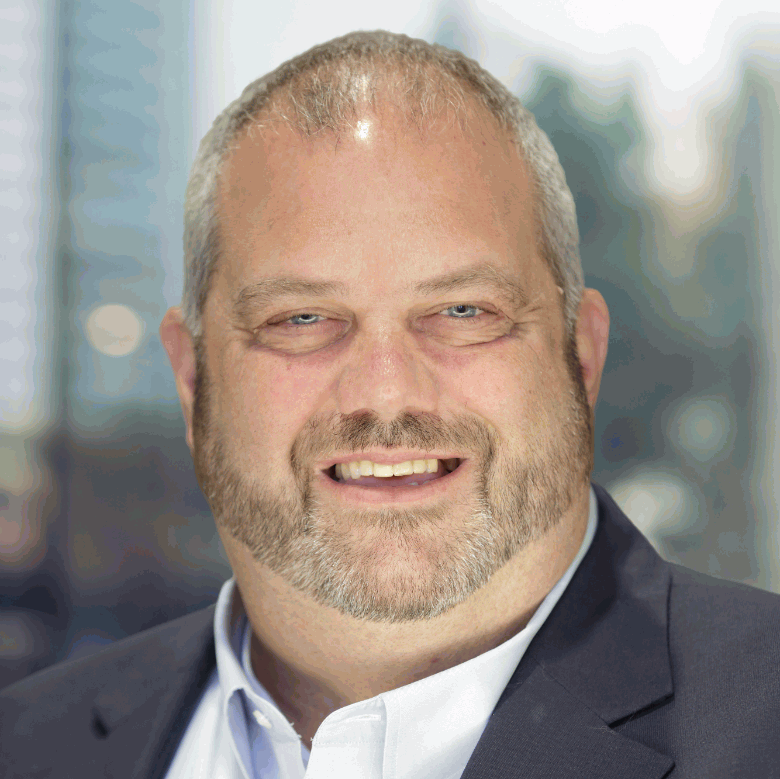
Richmond "Rick" Parsons joined Carey Group in 2022 as deputy director after 30+ years of probation and parole experience in two Pennsylvania counties. In addition to his leadership roles at the county level, he served on the Governor’s Advisory Board of Probation, the executive board of the County Chief Adult Probation and Parole Officers Association of Pennsylvania, and the Pennsylvania Evidence-Based Practices Implementation Team. He is a founder and past president of the Mid-Atlantic Region Chapter of the Association for the Treatment of Sexual Abusers. He specializes in identifying organizational roadblocks and facilitating needed organizational changes.
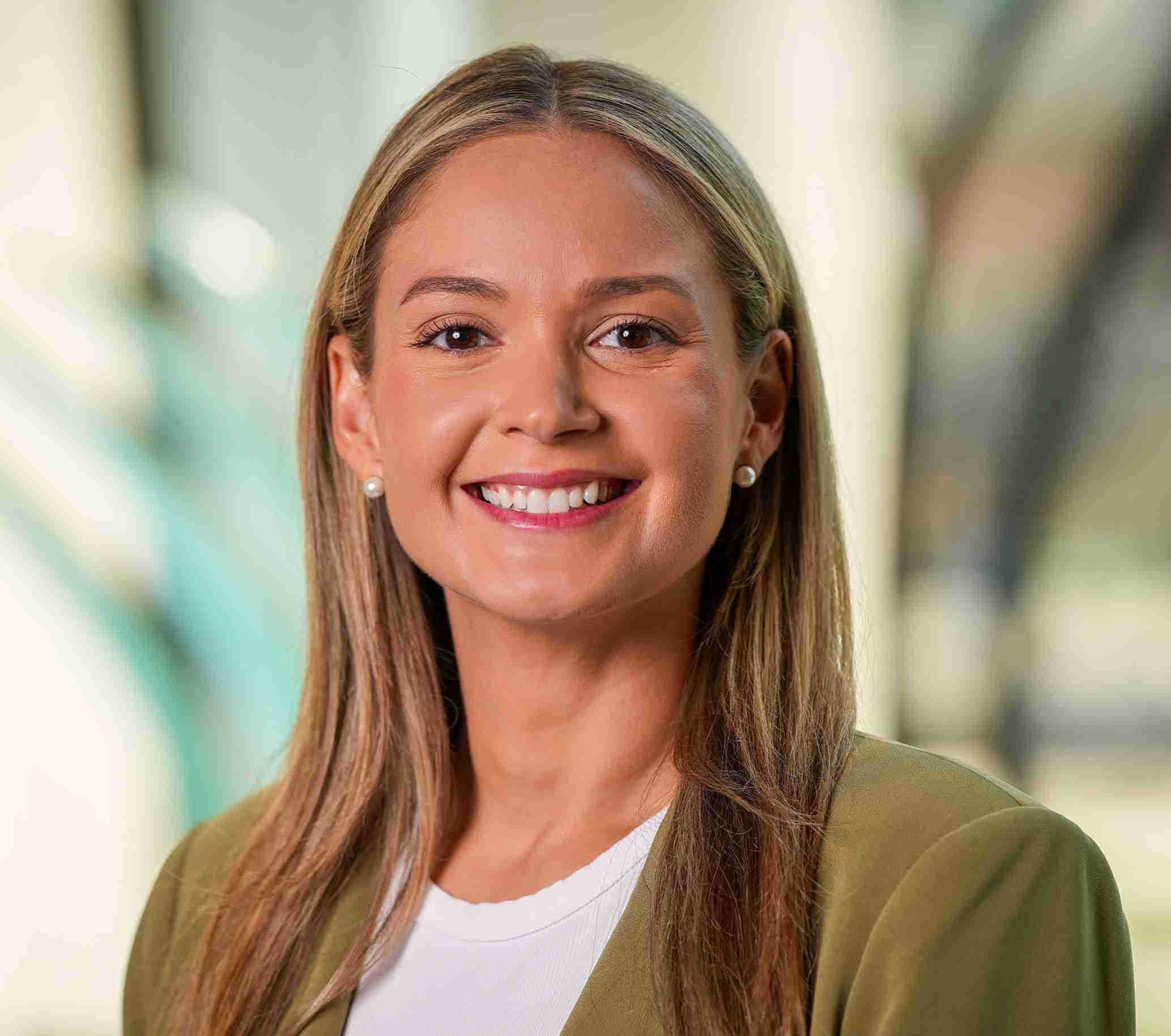
Gabriela M. Rodríguez, PhD, HSPP is a licensed clinical psychologist and Associate Professor of Clinical Psychiatry at Indiana University School of Medicine. She is Clinical Director of the ADHD and Disruptive Behavior Disorders Program at the Riley Hospital for Children Child & Adolescent Psychiatry Clinic. She directs the IU Evidence Based Practice Center and the Indiana Statewide Implementation of Multisystemic Therapy (MST).

Dan is a clinical psychologist and implementation scientist who has enjoyed a 25+ year career training, consulting, and researching evidence-based practice implementation. He’s been part of leadership teams at both MST Services and EBA, and he looks forward to advancing conversations on behalf of Empower with innovative agency leaders who serve at-risk children, youth, and families. He holds a master's degree from Harvard University and a doctorate from the University of Florida.
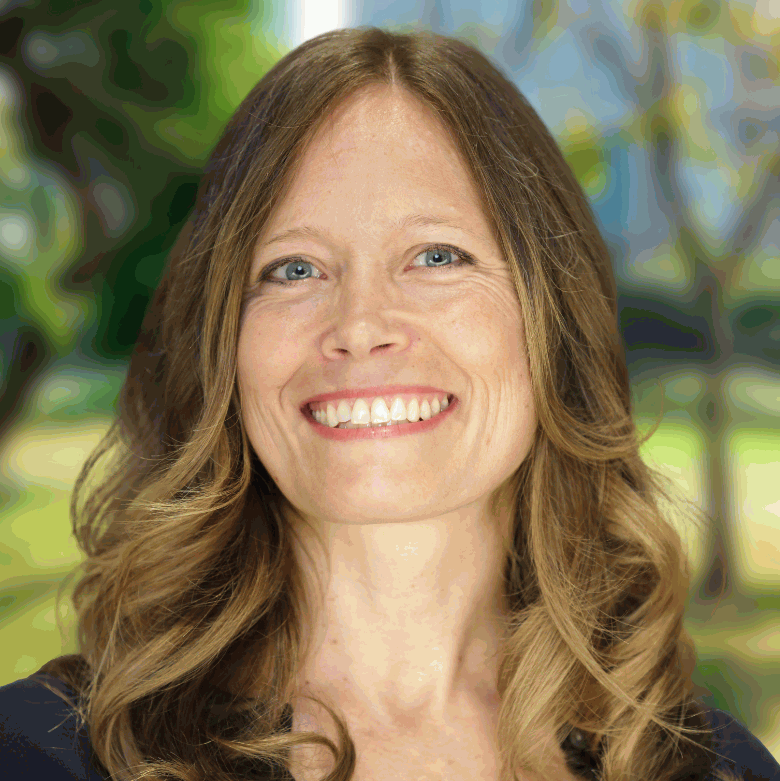
Annie is the Clinical Director of FFT Adaptations (FFT-CW, FF-CM) at FFT LLC, overseeing the national and international implementation of FFT-CW. She also manages FFT and FFT-CW programing in New York City. Across these roles Annie works closely with provider organizations, community stakeholders, and child protection and justice system partners to ensure impactful, high-quality, and transformative FFT/FFT-CW services for youth and families.
Annie serves as a key member of FFT LLC’s Executive Leadership Team in which she contributes to strategic planning, consultant development, quality clinical training, and the establishment of new initiatives. Annie has worked for FFT since 2003 and during her tenure has been instrumental in the development of the FFT-CW model, and other innovative programming including the ATLAS Initiative, the NYC FFT-IPAS aftercare program, and the movement to integrate evidence-based therapeutic and treatment programs in child protection and juvenile justice systems.
Annie has a Master of Science in Social Work from Columbia University and is a Licensed Clinical Social Worker in NY State. As the former Director of the New York State Office of Children and Family Services (OCFS) FFT Program, she oversaw the implementation of FFT Re-Entry programs serving adjudicated youth returning home from institutional care. Annie was initially trained as an FFT therapist while working in a community based mental health clinic in Brooklyn, NY. She lives in New York City with her family.

Elisa Angevin, LCSW, has been an expert of MST-CAN with MST Services since November 2022. Prior to working with MST, Elisa worked as a supervisor, lead therapist, and therapist for Children’s Aid MST-CAN in New York City for six years. Elisa received her B.S. in Applied Psychology at New York University and her Master of Science in Social Work at Columbia University. Elisa has publications within various research forums, regarding selective mutism, autism spectrum disorder, schizophrenia, and trauma-informed work. Elisa is trained in trauma-focused cognitive behavioral therapy, prolonged exposure, reinforcement-based treatment, structural family therapy, parent-child interaction therapy, among other evidence-based interventions, and has experience in drama therapy. Elisa has worked within the substance abuse, inpatient psychiatric, child abuse and neglect, anxiety and depression, couples, and trauma fields. Part time, she continues to serve as an individual therapist and supervisor in a local mental health agency in Queens, NY. Elisa has presented for and trained mental health professionals within New York City. Originally from Texas and with a dual French citizenship, in her free time, Elisa enjoys traveling and exploring new environments, as well as reading mystery novels.

Brandi King, MSW, MEd, has served as an MST Expert with Community Solutions, Inc. since April 2019. She began her MST journey as a PSB-MST therapist with Hempfield Behavioral Health, where she worked for two years before joining Community Solutions. Over the past 11 years, Brandi has advanced through the roles of therapist, supervisor, and expert within the organization.
She holds a B.A. in Psychology from Penn State University and earned both her Master of Social Work and Master of Education from Widener University. Brandi is trained in Cognitive Behavioral Therapy (CBT), Aggression Replacement Training (ART), Structural Family Therapy, and other evidence-based interventions.
Before specializing in MST, Brandi worked with diverse populations, including adults with substance use disorders, couples, adolescents with problematic sexual behaviors, and individuals affected by trauma.
She currently resides in Pennsylvania with her husband and their two children, who are actively engaged in community sports and volunteer activities. In her free time, Brandi enjoys recreational reading and playing cards with her family.
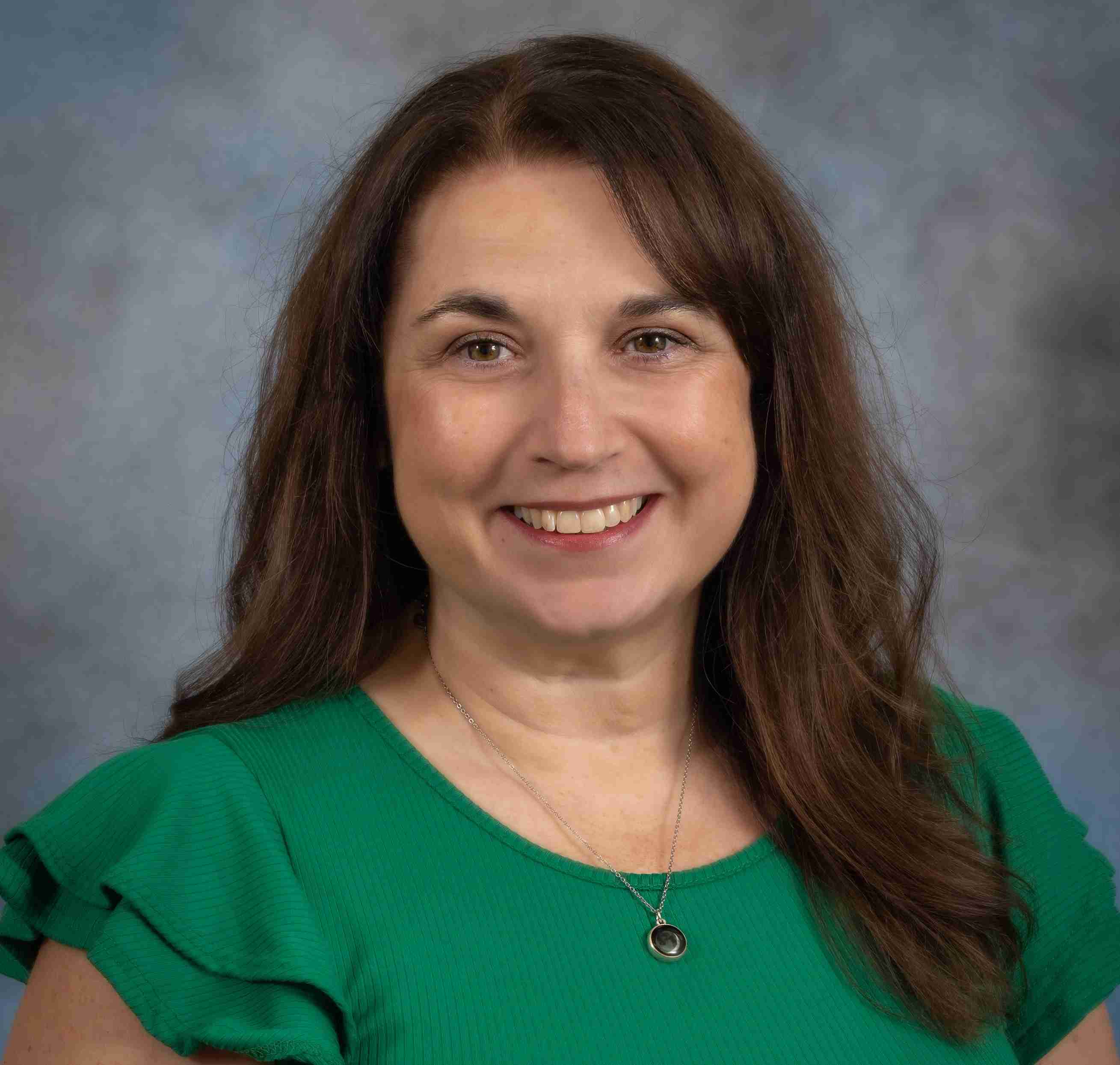
Dr. Debra Miller is a licensed master’s level social worker with more than two decades of experience spanning clinical practice, supervision, and administration. Her work has consistently focused on implementing evidence-based approaches to support diverse families within community health environments. Throughout her career, she has remained committed to enhancing childhood outcomes through prevention and intervention strategies that strengthen family systems.
Currently, Debra serves as the Associate Director of the Family Therapy Training Institute of Miami, part of the Empower Community Care network. She earned her doctorate in 2021 with a concentration in couple and family therapy. Her dissertation—conducted under the Substance Abuse and Mental Health Services Administration Minority Fellowship Program—explored the core competencies therapists need to effectively deliver family-centered evidence-based practices. This research, conducted in collaboration with a community mental health organization, was honored with a commendation from the Michigan State University Office of Outreach and Engagement.
In addition to her leadership role, Debra holds a faculty appointment with the Michigan State University College of Medicine (University of Michigan Health System – MyMichigan Health), where she contributes to resident training. She is also a co-author of Deliberate Practice for Systemic Family Therapy, published by the American Psychological Association, which offers practical guidance for therapists seeking to refine their systemic intervention skills. Her scholarly contributions include over 50 peer-reviewed publications and continuing education presentations focused on advancing family-centered evidence-based practices in community health settings.
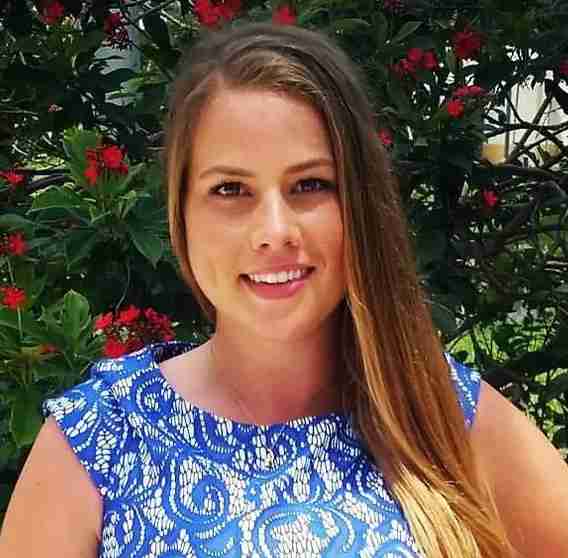
Monica Schroeder, M.S. is the Senior Project Manager at the Center for Excellence (CfE) at Youth Research, Inc. (YRI). In her current role, Monica provides strategic leadership and oversight for the implementation and sustainability of evidence-based programs and practices aimed at improving outcomes for children, youth, and families. She plays a key role in managing multidisciplinary teams, stakeholder engagement, and continuous quality improvement efforts across various initiatives supported by the CfE.
Monica began her tenure at YRI as a Family First Implementation Specialist, where she was instrumental in supporting the statewide rollout and implementation of Brief Strategic Family Therapy (BSFT) across New York State. Her contributions helped ensure fidelity to the model and alignment with Family First Prevention Services Act goals.
She earned a Bachelor’s degree in Psychology from Clarkson University and holds a Master’s degree in Marriage and Family Therapy from Nova Southeastern University. Her academic and clinical background in family systems therapy has informed her work in program development, technical assistance, and capacity building within child welfare and behavioral health systems.
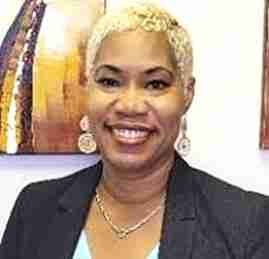
Gail Geohagen-Pratt is the Deputy Commissioner for the Division of Child Welfare and Community Services (CWCS) effective September 2023. As Deputy Commissioner of CWCS, Ms. Geohagen-Pratt oversees the state’s child welfare programs, including child protective services, foster care and adoption as carried out by 58 local departments of social services and voluntary agencies. She oversees, the operation of six regional offices, and 13 Bureaus within five Offices, including the bureaus that manage the community services of domestic violence prevention, adult services, and Native American services.
Improving outcomes for children and families is of primary concern for Ms. Geohagen-Pratt, especially for communities that are challenged with racial and economic disparities. The desire to help change the Child Welfare system to a system of Child and Family Well-Being is a primary mission for Deputy Commissioner Geohagen-Pratt.
Ms. Geohagen-Pratt brings an extensive background in child welfare to this leadership role. Ms. Geohagen-Pratt joined OCFS in February 2020, serving as an Associate Commissioner for CWCS. Ms. Geohagen-Pratt was part of a dynamic team
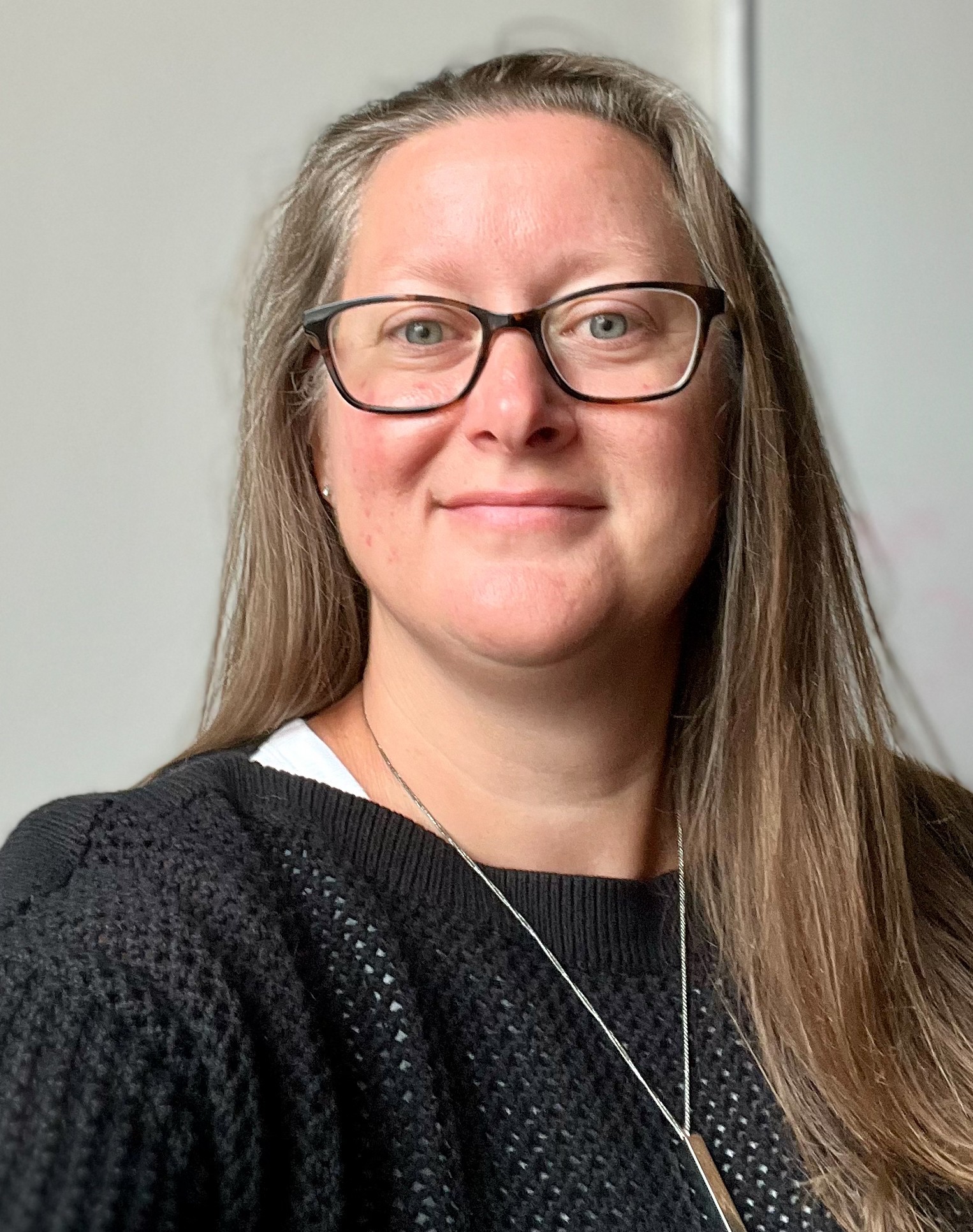
Kristen Kirkland, PhD, MSW, is a Research Scientist and Assistant Director at the New York State Office of Children and Family Services (OCFS), Bureau of Research, Evaluation, and Performance Analytics. Dr. Kirkland provides research and evaluation project oversight and implementation support for OCFS-funded child abuse prevention and intervention programs, including Healthy Families New York, Family Resource and Opportunity Centers, Kinship Navigator and Permanency Resource Centers, and other Family First Prevention Services Act evidence-based programs.
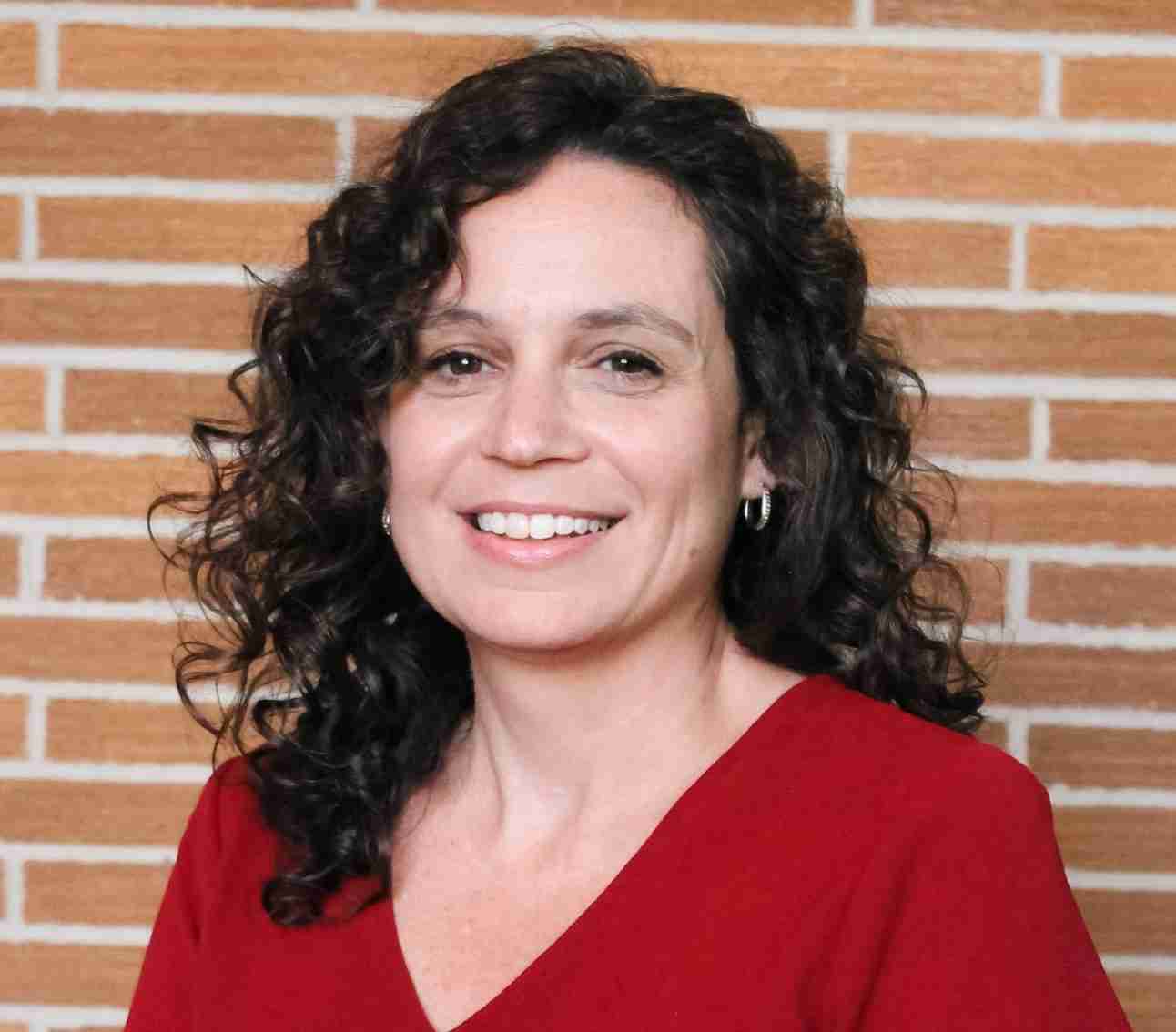
Sarah Taylor is the President of New Directions, where she leads with a deep commitment to advancing child welfare and mental health services. Since joining New Directions in 2004, Sarah has served in roles ranging from Care Coordinator to Supervisor, Director, and Chief Operating Officer of Community-Based Programs before stepping into her current leadership position.
Guided by the principles of trauma-informed care—including strength-based, family-driven, individualized, and culturally responsive practices—Sarah has spearheaded the development of innovative programs and strengthened existing services, driving meaningful change for children and families across the region.
Sarah earned her B.A. in Psychology from SUNY Geneseo and her Masters in Education in School Counseling from the University at Buffalo. She lives in Eden, NY with her husband and two sons.
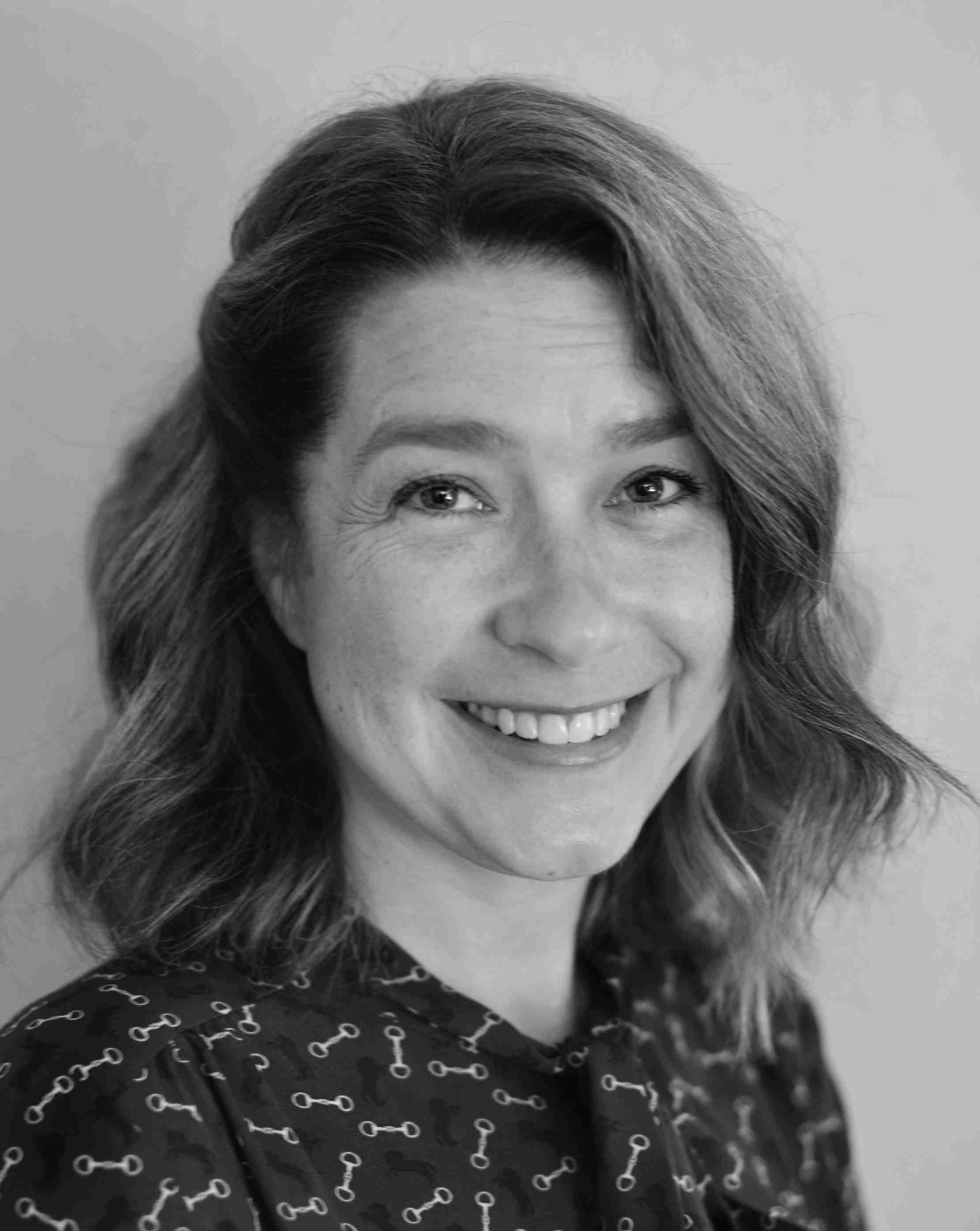
Ann-Sofie Larsson, Licensed Social Worker (Sweden, equivalent to a Master of Social Work), Certified Family Therapist (Step 1), Strategic Implementation Coach, BSFT® Institute
Ann-Sofie Larsson is a senior social work leader with over 25 years of experience in child and family services. She was part of the first team to implement Brief Strategic Family Therapy® (BSFT®) in Sweden and has since co-led the development of BSFT® programs in several municipalities across the country.
Since 2009, she has held a range of leadership roles within the City of Stockholm’s Social Services, including as senior coordinator at the city’s central outpatient substance abuse clinic serving 14 districts, and overseeing youth-focused programs and Support Centers for Young Crime Victims and Witnesses. In these roles, she was responsible for strategic direction, resource management, and overall program quality, while leading teams of operational supervisors.
In her current role as Strategic Implementation Coach at the BSFT® Institute, she supports Model Managers in implementing the model with fidelity across clinical practice and organizational leadership—ensuring sustainable implementation that leads to meaningful and lasting outcomes for the families we serve.

Kortney began employment with Liberty Resources as an MST therapist, in 2006. Her passion for providing quality services to families, along with developing and cultivating leadership skills in employees, paved the way for several leadership roles, leading to her current role of Family Services vice president. Kortney earned a bachelor of arts in psychology and a master of social work from Syracuse University, where she stays connected to the School of Social Work as a visiting seminar instructor/facilitator. Kortney also serves on the board of trustees at Contact Community Services.
 September 30, 2025 09:30 am
September 30, 2025 09:30 am September 30, 2025 10:25 am
September 30, 2025 10:25 am September 30, 2025 10:40 am
September 30, 2025 10:40 am September 30, 2025 12:00 pm
September 30, 2025 12:00 pm September 30, 2025 12:55 pm
September 30, 2025 12:55 pm September 30, 2025 02:15 pm
September 30, 2025 02:15 pm September 30, 2025 02:25 pm
September 30, 2025 02:25 pm September 30, 2025 03:40 pm
September 30, 2025 03:40 pm September 30, 2025 03:45 pm
September 30, 2025 03:45 pm October 1, 2025 09:30 am
October 1, 2025 09:30 am October 1, 2025 10:20 am
October 1, 2025 10:20 am October 1, 2025 10:35 am
October 1, 2025 10:35 am October 1, 2025 11:55 am
October 1, 2025 11:55 am October 1, 2025 12:50 pm
October 1, 2025 12:50 pm October 1, 2025 02:10 pm
October 1, 2025 02:10 pm October 1, 2025 02:20 pm
October 1, 2025 02:20 pm October 1, 2025 03:35 pm
October 1, 2025 03:35 pm October 1, 2025 03:45 pm
October 1, 2025 03:45 pm